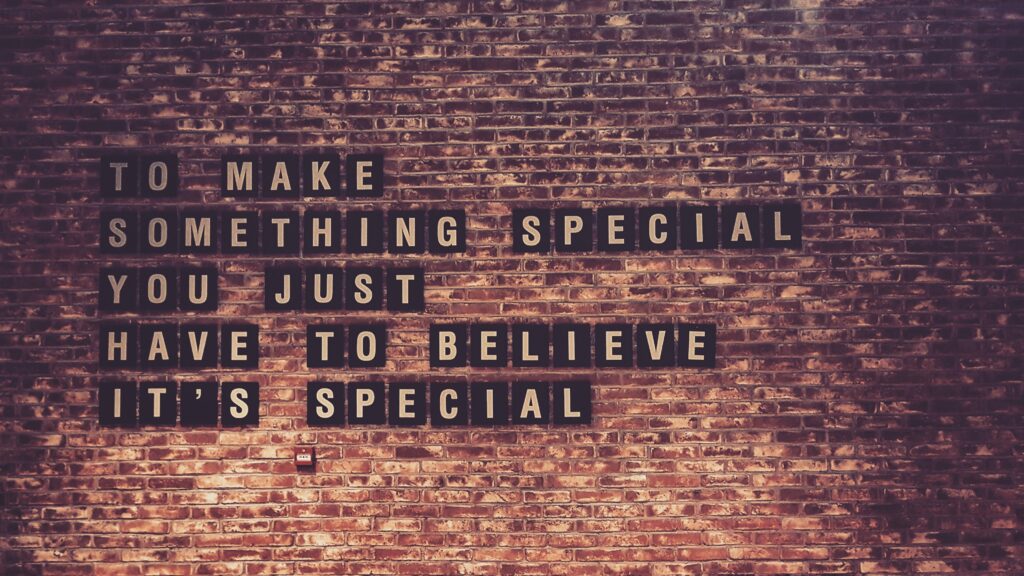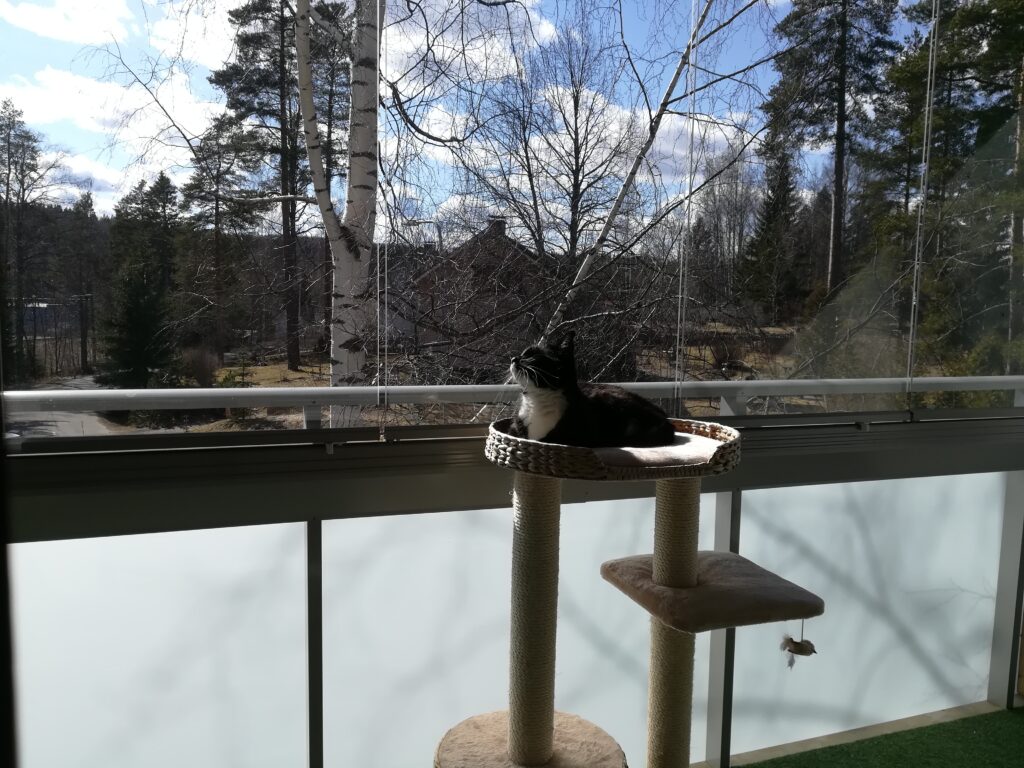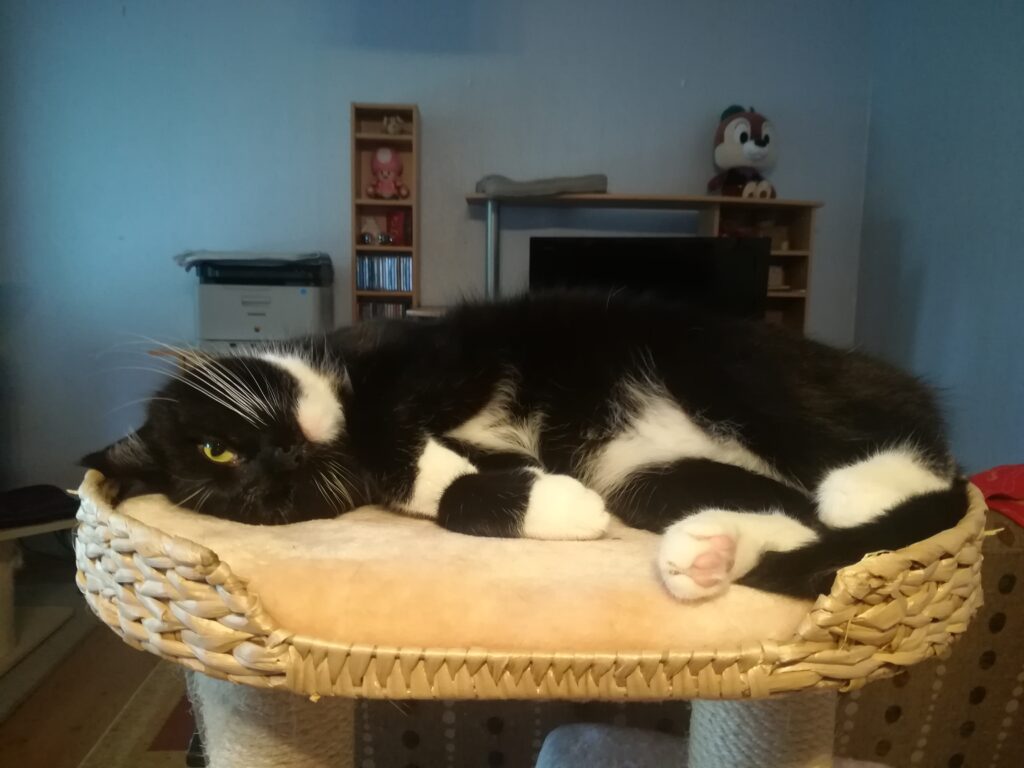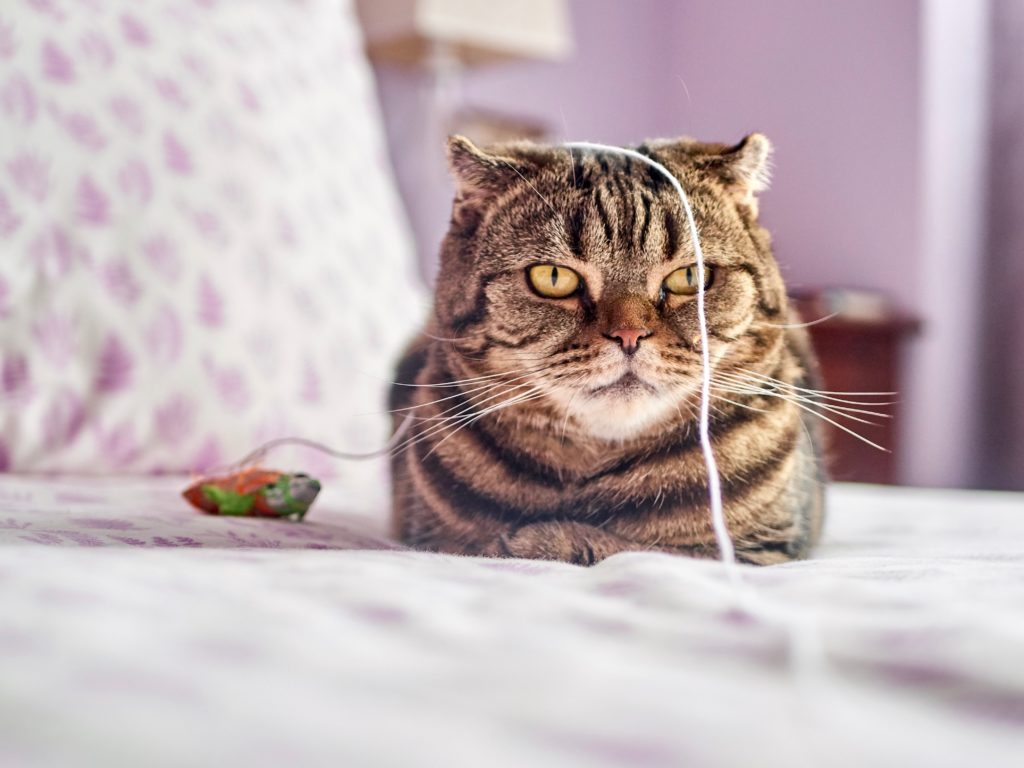Got that superstar shine bright feeling
In the past two months, I’ve moved to a new city and started at a new job. These are both huge changes, but somehow I’m still in one piece.
I was unemployed for seven months before being considered for the position of a tech comms coordinator at Kempower. There’s a lot I want to say about what’s been happening in these months.
First of all, the unemployment period really sucks. It’s like your whole life is on hold. My situation was somewhat more complex because I also knew I wanted to change careers and steer towards technical writing. This was scary because I had no idea if I was doing the right things to convince people I could manage in a technical documentation role.
I found some strength and motivation from a strange place. Well, not so strange if you know my history as a Jpop and Kpop fan, but in any case, as a 38-year-old highly educated Finnish woman(-ish), I’m hardly the ideal target audience. But in the latter half of 2023, there were three audition contests taking place in which members were being chosen to debut in new groups. One was for JYP’s new North American girl group, but following all the Kpop training principles, and another for a Jpop group with also Kpop style expectations in skill, talent and hard work. The former resulted in the group VCHA, and the latter in ME:I. (The third audition was for a boygroup, but my favourite didn’t make it. Because of that, they don’t get a mention. Suck that, JYP!)
These young girls with their big dreams ended up inspiring me and gave me hope for my own “debut” in a new career. I now consider VCHA’s “Girls of the year” very much my song, and had scribbled “Leap high! Leap high!” inspired by ME:I’s audition show in my job hunt brainstorming notes.
One of the girls auditioning for ME:I used to be in my favourite Jpop group, Angerme, so it was especially sweet to see her start this new chapter in her life. This is exactly the kind of opportunity she left Angerme for. And now the opportunity I’ve received is exactly the kind I left the academia for. Angerme was great for her, and the university was great for me, but it was time to move on.
Because I was sick of feeling like my life was on hold, I decided to move to Tampere before even getting a job. It’s only a coincidence that very shortly after, my position at Kempower started becoming more and more a thing. Now I’m glad I moved when I did because moving and working at the same time is a combination that my brain can’t even comprehend. Managing a move especially alone, with two cats to consider, was a lot. But now life in the new city feels exciting. I’m not sure it’s still fully hit me that I live here now, in the city of events and concerts and all kinds of things that previously would’ve required me to plan an overnight trip. Now I can just take a bus, or walk. It’s incredible.
But on the topic of job hunting… Surprisingly, one of the aspects I feared the most about it in general – interviews – ended up going quite well! Now, after the fact, I believe that all interviews taking place remotely ended up working in my favour, since I’m very comfortable with appearing on camera online thanks to my streaming and remote teaching experience. I also didn’t have additional stress from travels or in-person interactions, which could be a mild inconvenience to a neurotypical person, but to a neurodivergent one, might add about 80% more emotional, mental, and physical drain. Ok, I invented the figure, but the point is that by the time I even get to an on-site interview, I might have already lost the game. (Add to the fact that some people instinctively dislike neurodivergent people because they subconsciously mark them as ‘different’, and remote interviews might make some of those different traits less noticeable. Maybe.)
During this unemployment period I was interviewed by two companies, the latter of which was Kempower, my current company. Basically, the moment I made it to the interview stage I received encouraging feedback, but from every other company and position I applied to, there was zero personal feedback and I had no idea what I was doing right or wrong. I had my job hunting documents commented on by a professional via the unemployment agency, and she said there was nothing wrong with the paperwork. It was really just a combination of circumstances that led to me not being considered for positions.
And, funnily enough, it was a combination of circumstances that ended up in me being considered and selected for my current role. But mainly, I happened to send my application (for a different role) at the right time, was noticed by the right person, and then considered for this coordination position. Based on this experience, I can recommend approaching companies you are interested in working for, even if you don’t quite match the requirements. You never know – they might have something else for you. At the same time, it is a game of luck. Right time, right place, right person. Because of this I’ve kept telling people that it feels a bit like I’ve won the lottery.
I can’t actually speak much about the job itself yet because my first two weeks have been spent in different types of trainings. I know what I’ll be doing, but I haven’t physically experienced doing it yet, independently and unguided. But the vibes are good and hopeful.
But here’s the part that might interest autistics or otherwise neurodivergent people. How on earth do I suspect I’ll be able to do well in this job, despite my challenges and needs? Have I asked for things or even disclosed my ‘difference’? …Well. Since I don’t even have or aim to pursue a formal autism/adhd/whatever diagnosis, I also don’t think I can or should mention these in professional settings. My support needs are quite low and can be met with simple things like flexible work hours, hybrid or remote work, lack of competition between colleagues and a sense of independence/autonomy. These are things that a neurotypical person could expect from a job and benefit from, too.
So, I’ve been honest about focusing better at home, excelling at independent work, and disliking competition. It has worked well enough to land me the job. All of these aspects are also either already a part of my job or will be once I get properly settled (I still need a fair bit of guidance, so autonomy is “in progress”).
I’ve also landed in a team that appears to make adjustments and changes even without my needing to ask. Their tradition has been to meet once a week in the Lahti office, which for me means travel there early in the morning. I’ve told them about the details of my travels, but also underlined that I’m prepared to do the trip once a week, and that I can manage it. Even so, the team is now changing its Lahti meetings to once every other week – not only because of me, but perhaps I was the “final nail in the coffin” – and also considering sometimes having the team meetings in another city. I feel like I’ve somehow ended up in a job and a team that takes everyone’s wellbeing seriously and is willing to invest in their people.
Because I’m not used to being treated like this by a job, I think I still need to convince myself I deserve it. Just like my move to Tampere may not have fully sunk in yet, neither likely has this job. I can’t believe I’ve basically landed every expectation, hope and dream I had for my new job. The position is permanent, not just 6 or 12 months. I can mostly work from home. The team is supportive. We have flexibility in work hours. Our values match. The team works towards shared goals instead of colleagues being in some strange competition against each other. The work itself will require me to be precise, which fits me perfectly. I’m not sure I could ask for more.
This is why I have strong hopes or even beliefs that I can shine in this role and in this company. Of course I have moments of insecurity, especially when I’m in the office and don’t know how to do small talk, but I also wasn’t hired to do small talk.
So, fingers crossed things will go smoothly from here. Leap high!









